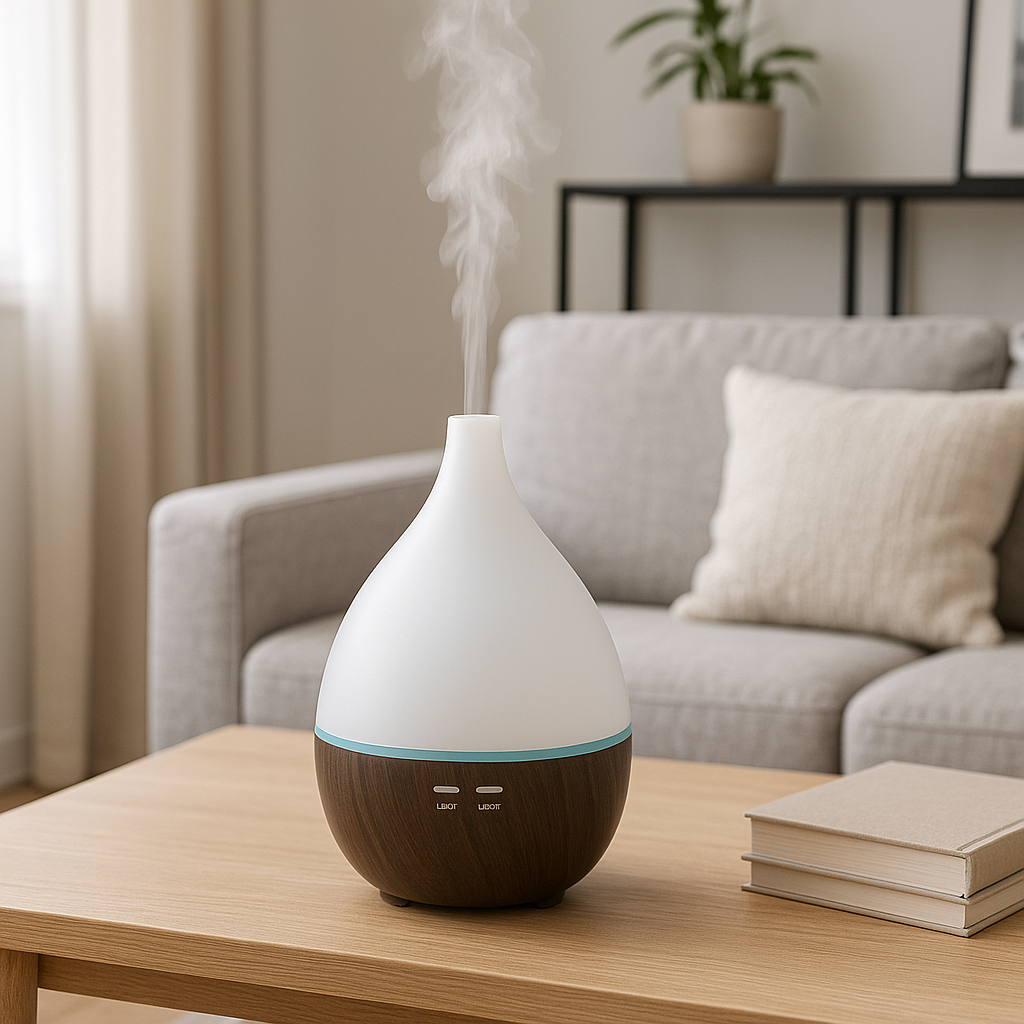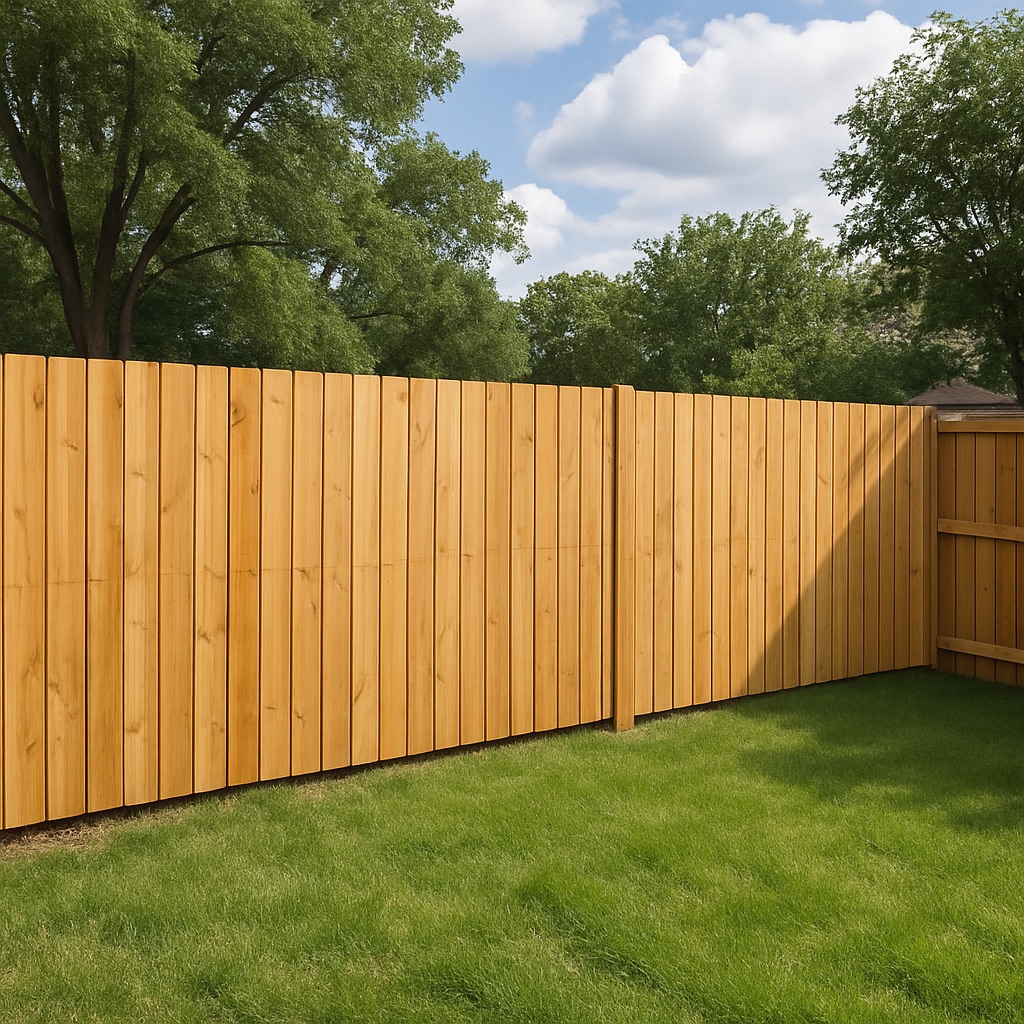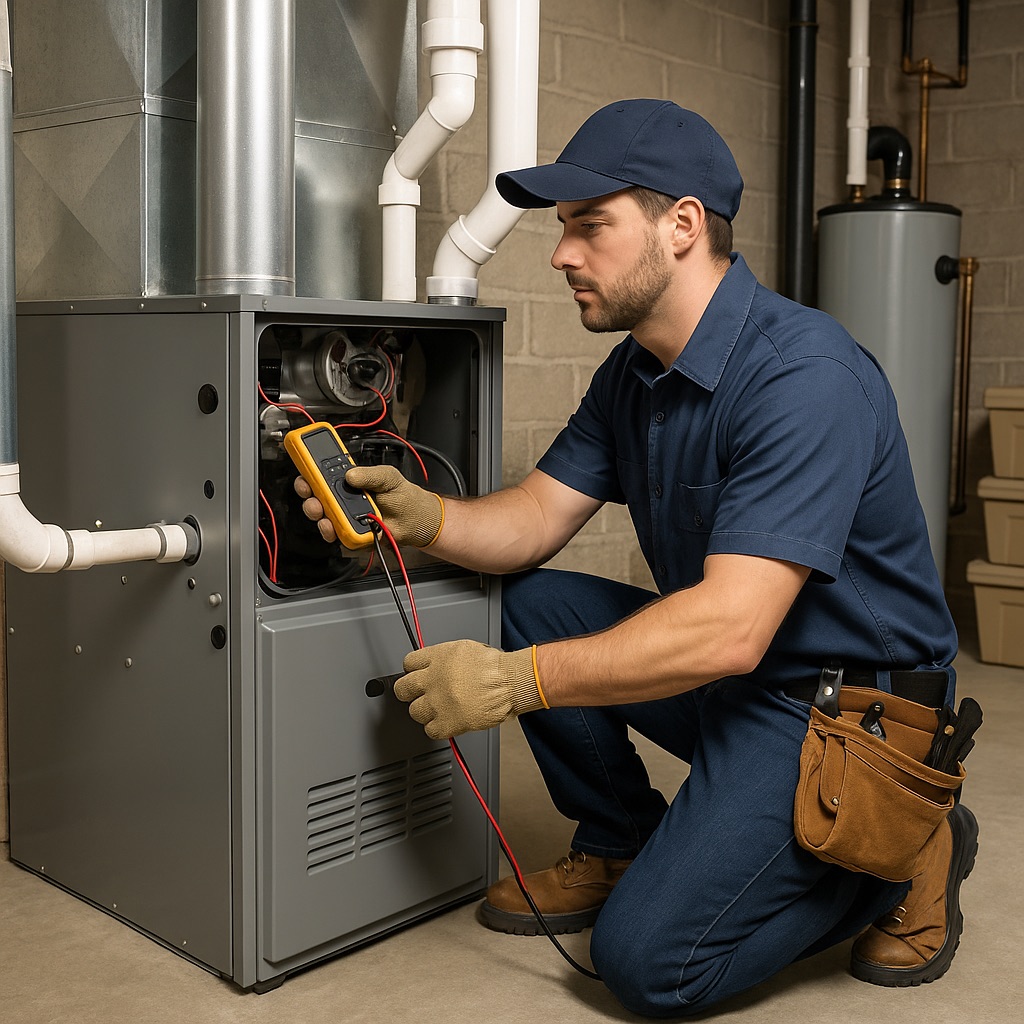Last updated on
If you get your drinking water from a well, it’s important to make sure it’s clean and free of contaminants.
Whether you live in an area with poor water quality or simply want to ensure that your family has access to the cleanest drinking water possible, a well water filtration system is the perfect solution.
Table of Contents
What Could Be Lurking in Your Well Water

- Contamination in water sources is a serious concern, particularly in areas with poor water quality or high levels of pollution as mentioned on QualityWaterLab’s 9 common well water problems. A well water filtration system can help remove harmful contaminants from your drinking water, ensuring that you and your family stay healthy and safe.
- Many types of contaminants are odorless and tasteless, so you may not even know they’re in your water. A well water filtration system can remove these contaminants, giving you peace of mind knowing that your water is clean and safe to drink.
- Even if your well water looks clean, it could still be contaminated with harmful bacteria or viruses. A well water filtration system can remove these contaminants, so you won’t have to worry about the health of your family.
- Well water often contains hard minerals such as magnesium and calcium, which can cause residue to build up in pipes and appliances over time. A well water filtration system can help reduce or eliminate this buildup, helping your plumbing system run more efficiently and save you money in the long run.
- Many well water filtration systems are simple to use, so you won’t need to worry about hiring a professional to install or maintain your system. This allows you to enjoy clean drinking water hassle-free, with no unpleasant side effects or health risks!
There are many benefits to filtering your well water, but these are just a few of the most important reasons to do so.
Testing Your Water
If you’re not sure whether your well water needs to be filtered, it’s a good idea to test its quality. Testing your water is easy with so many options available on the market today. At-home water test kits can be found at most hardware stores, or you can send a sample of your water to a lab for testing.
Unlike municipal water that is always being tested, those on well water are responsible for testing their own and it should be tested once per year according to the CDC.
What Types of Well Water Filtration Systems Are There?
Once you have had your water tested and determined that it needs to be filtered, there are a variety of different types of systems from which you can choose.
Point of Entry
There are point-of-entry filtration systems for larger homes with multiple people and appliances, as well as smaller point-of-use filters that can easily be installed under the sink or on your refrigerator’s water line.
Filtration systems can be installed by a professional or purchased pre-assembled and ready to install on your own, depending on your preference and budget.
UV Filtration
If you’re particularly concerned about bacteria or other contaminants, ultraviolet filtration systems can offer increased protection against harmful substances in your well water. These advanced systems are typically more expensive than other types of filtration, but the peace of mind they provide may be worth it to some homeowners.
Reverse Osmosis
Reverse osmosis systems are designed to remove a wide range of contaminants from your water, including dissolved minerals, bacteria, and viruses. These systems typically consist of a pre-filter, a reverse osmosis membrane, and a post-filter.
While reverse osmosis systems are more expensive than other types of well water filtration, they are very effective at removing contaminants and providing clean, safe drinking water for your family.
Sediment Filters
If you live in an area with a lot of sediment in your water, a sediment filter can be an effective way to remove it. These filters are typically installed at the point-of-entry to your home and can remove a wide range of particles, including sand, dirt, and rust.
Iron Filters
If you have high levels of iron in your water, an iron filter can be a great way to remove it. Iron filters work by oxidizing the iron and then trapping it in a filter media, so it can’t enter your home’s plumbing system.
Softeners
If you have hard water, a water softener can be a helpful addition to your well water filtration system. These units remove unwanted minerals from your water, including calcium and magnesium, while leaving behind the essential minerals that are good for you in moderation.
Carbon Filter
If you’re concerned about organic chemicals or pesticides in your water, a carbon filter can be an excellent choice. These filters use activated carbon to adsorb contaminants from your water, providing you with clean, safe drinking water.
Chlorine Injection
If you’re looking for a simple and effective way to disinfect your well water, chlorine injection may be the right choice for you. These systems work by injecting a small amount of chlorine into your water as it enters your plumbing system, effectively eliminating bacteria and other harmful microorganisms.
Choosing the Right System for Your Home
There are many different types of well water filtration systems on the market, so it’s important to choose the right system for your home and your family’s needs.
Consider the size of your home, the number of people who live there, and your budget when selecting a system. You should also think about which contaminants you’re most concerned about removing from your water.
Once you’ve considered these factors, you’ll be able to choose the best well water filtration system for your home.




